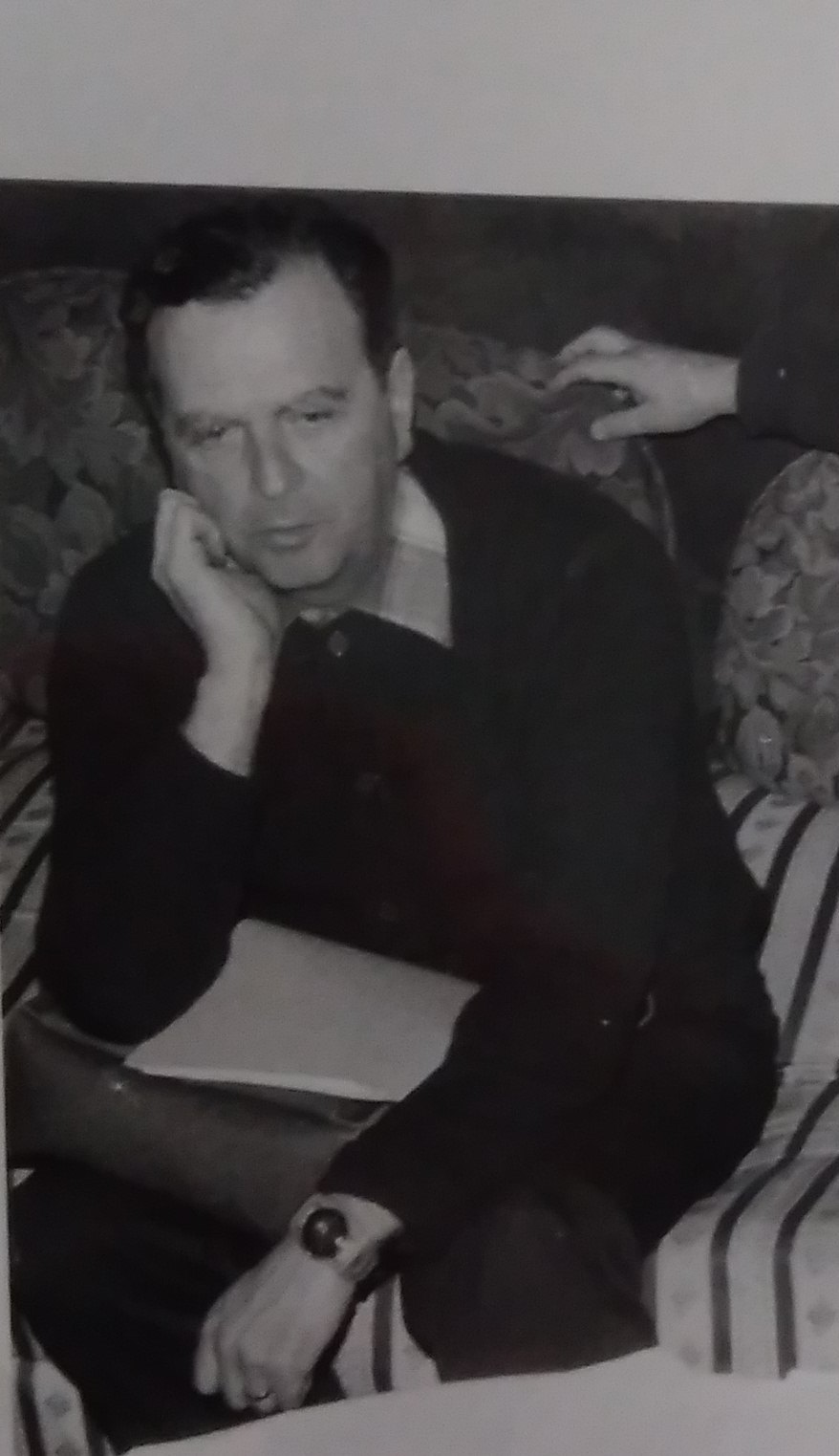Milan Uhde was born on the 28th July, 1936 in Brno. In 1953 began to study Czech and Russian at Brno´s Faculty of Arts, where he also received a doctoral title. He expanded his further education after the Velvet Revolution, and in 1996 he was habilitated at the Brno Janáček Academy of Performing Arts (JAMU).
After completing his university studies, he entered the literary journal, Host do domu, where he worked until 1970. In 1967-1971 he was also an external lecturer at JAMU. He returned to this role more than twenty years later, and in 1990 he had lectures on contemporary Czech literature at his home university, and in 2001-2006 at the Literary Academy in Prague. From 1971, Uhde was a professional writer, but could not officially publish his texts. After 1989, he actively participated in a political public life. In 1990-1992 he became a Minister of Culture, and in the next six years he was a parliamentary deputy too. He was also a member of Rada Českého rozhlasu (1999-2006), and Rada České televize (2007-2014). Milan Uhde was awarded, among others, the Egon Hostovsky Prize in 1986, one year later the award of Tom Stoppard, State Medal of Merit for Culture in 2000 and the Alfred Radok Award in 2007.
In spite of Uhde's previous enthusiasm for the Communist coup in the early 1950s, his work is characterised mostly by his later criticism, reflecting elements of absurdity and satire, a dilemma between individualism and collectivism. This approach led to banning the publication and an official collaboration with artistic ensembles in 1972. Five years later, Uhde signed the Charter 77, because, according his words, he had nothing to lose. Until 1989, he wrote for samizdat and exile periodicals (such as Svědectví, Listy, Obrys, Proměny). He also wrote scenarios for theatrical plays under the names of other authors; the most famous piece is Balada pro banditu performed by Divadlo na provázku.

